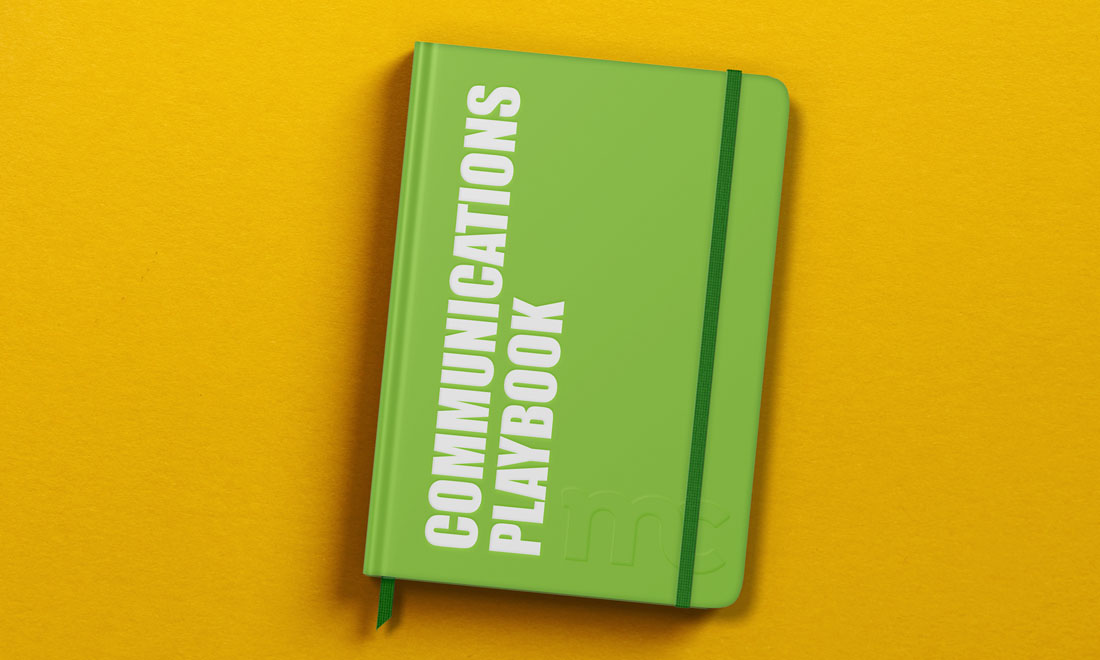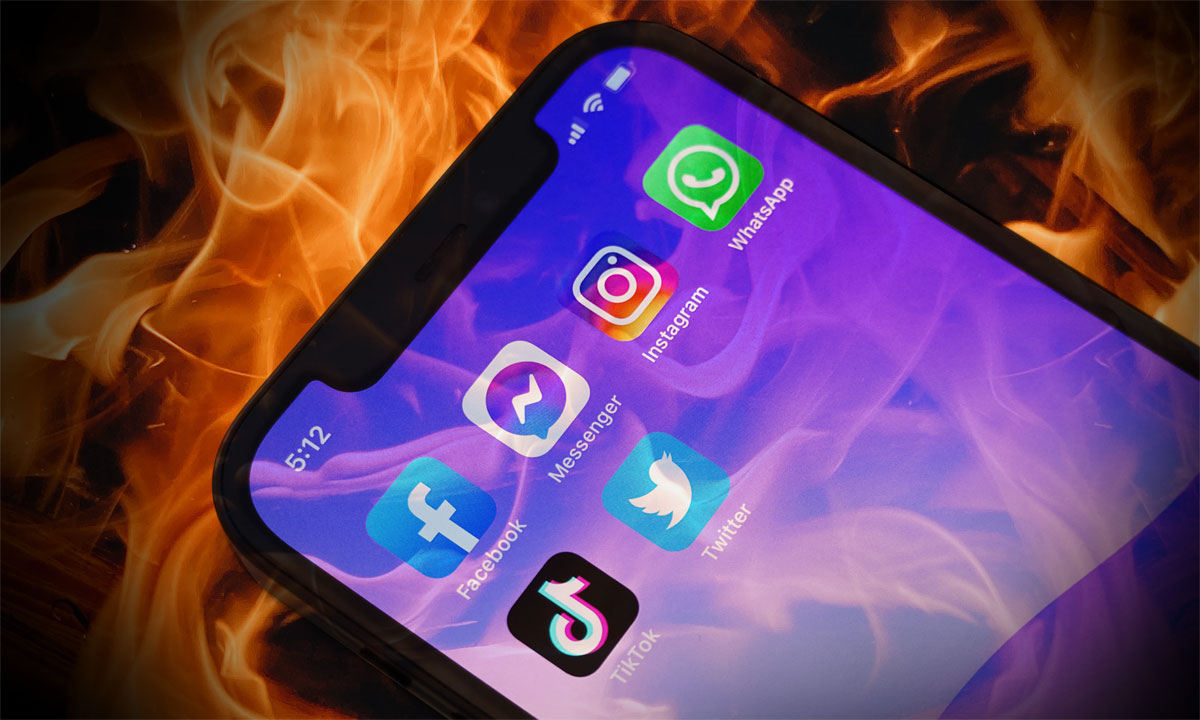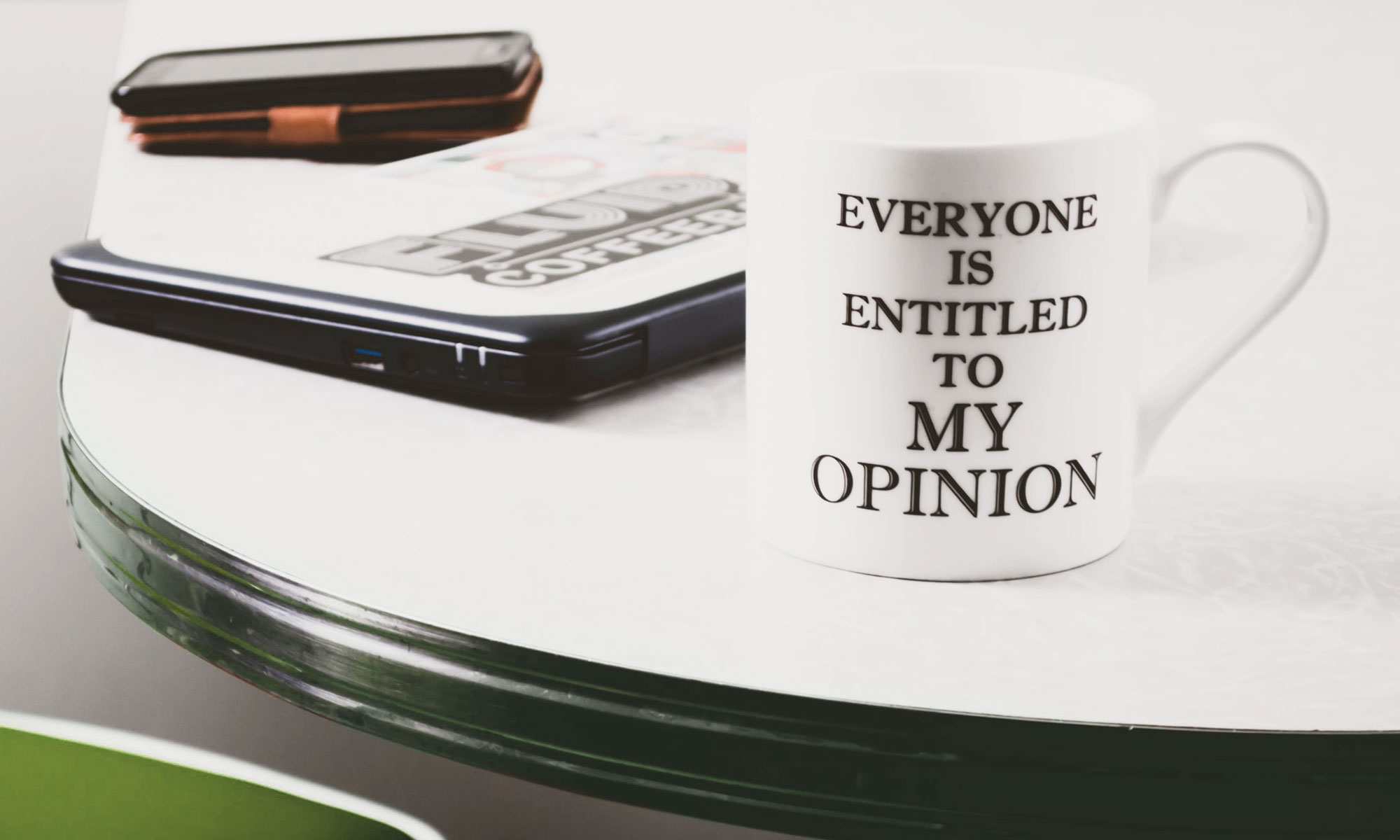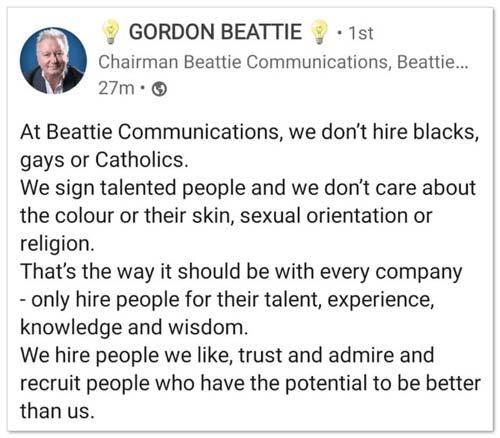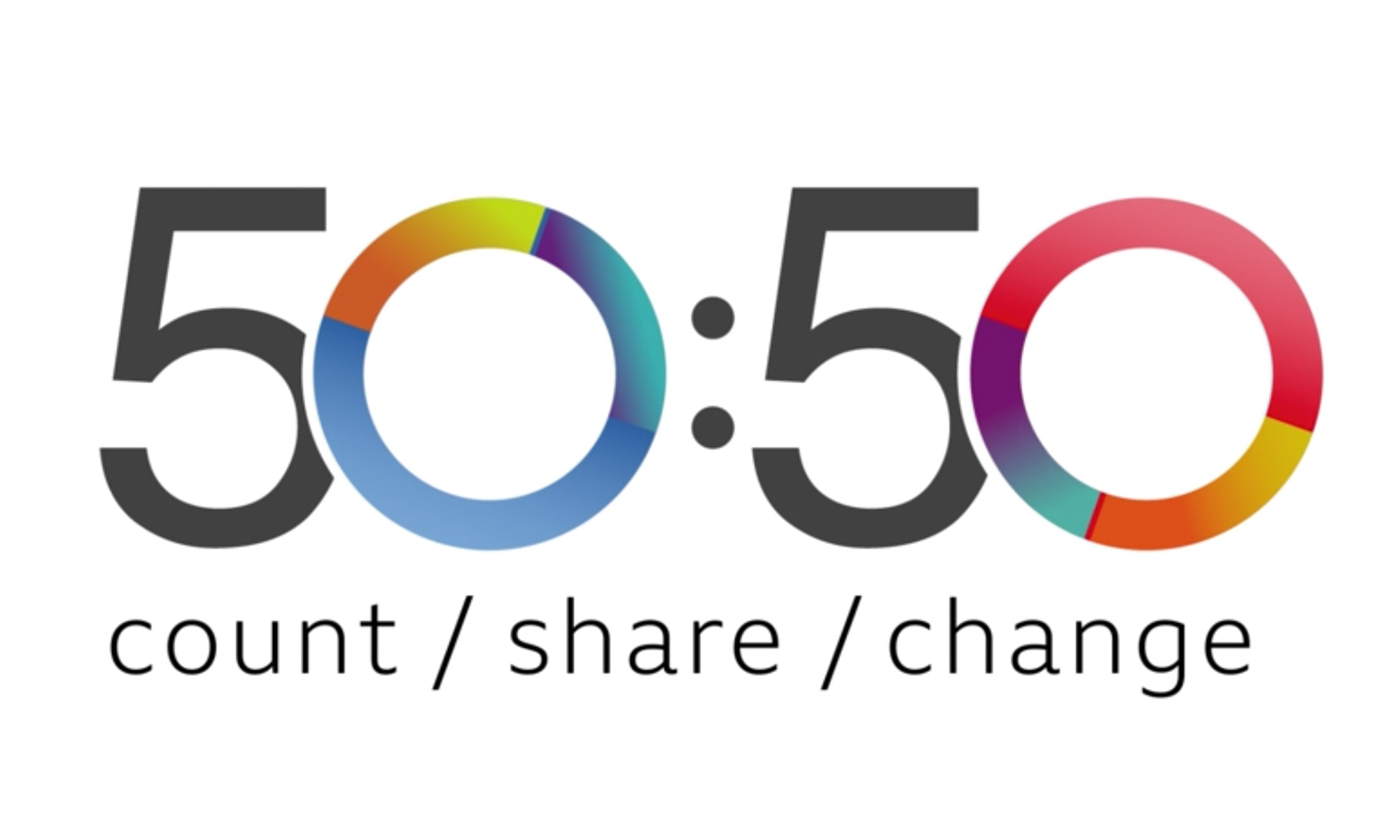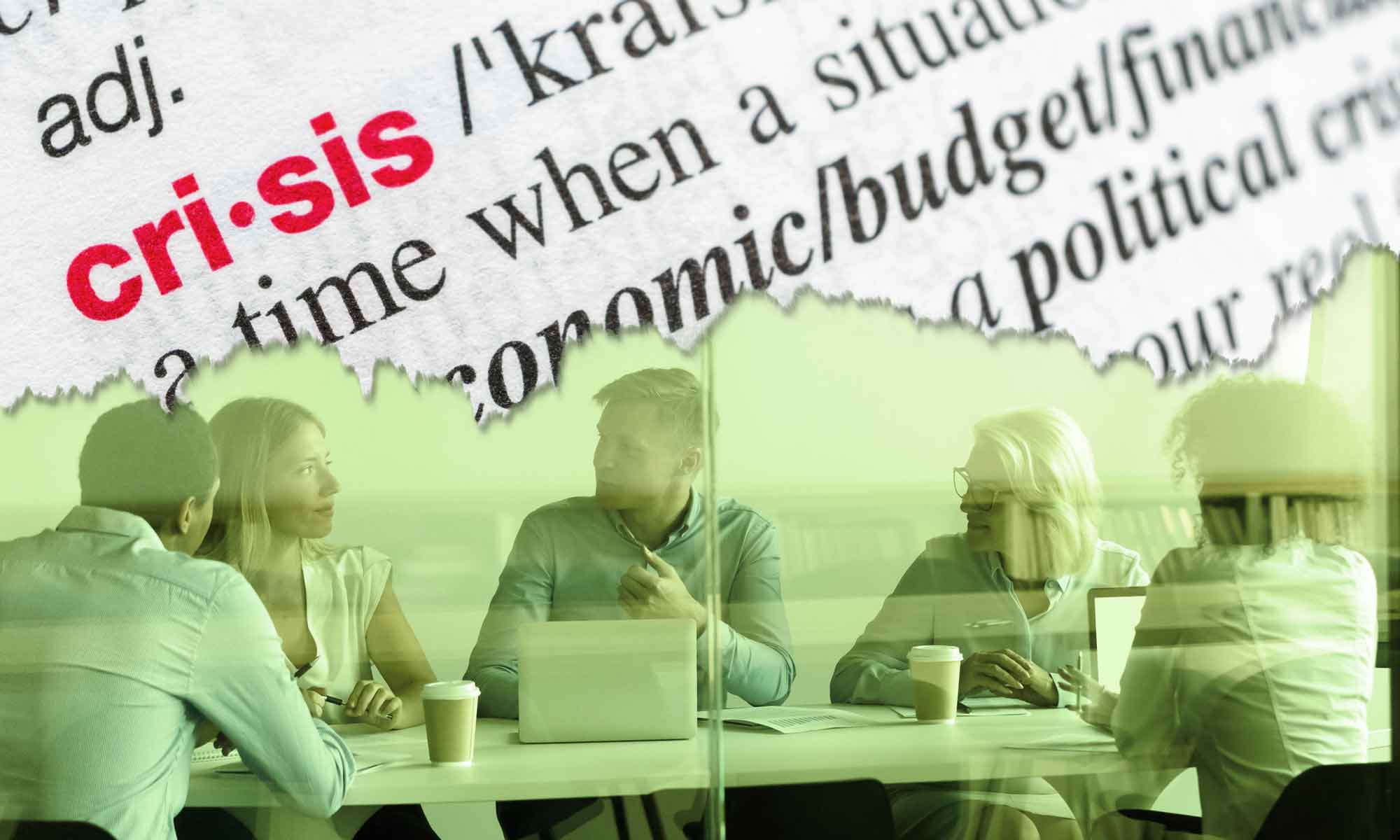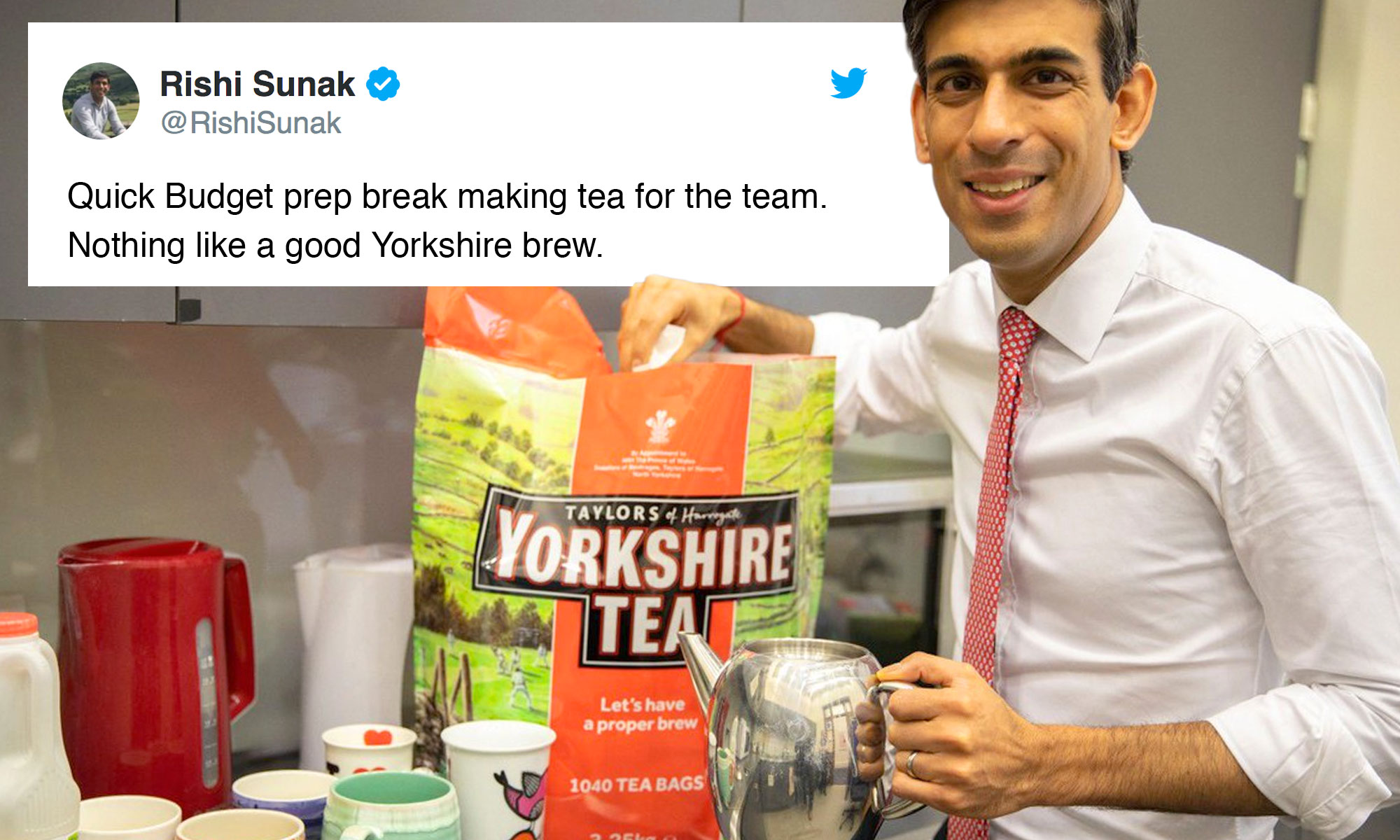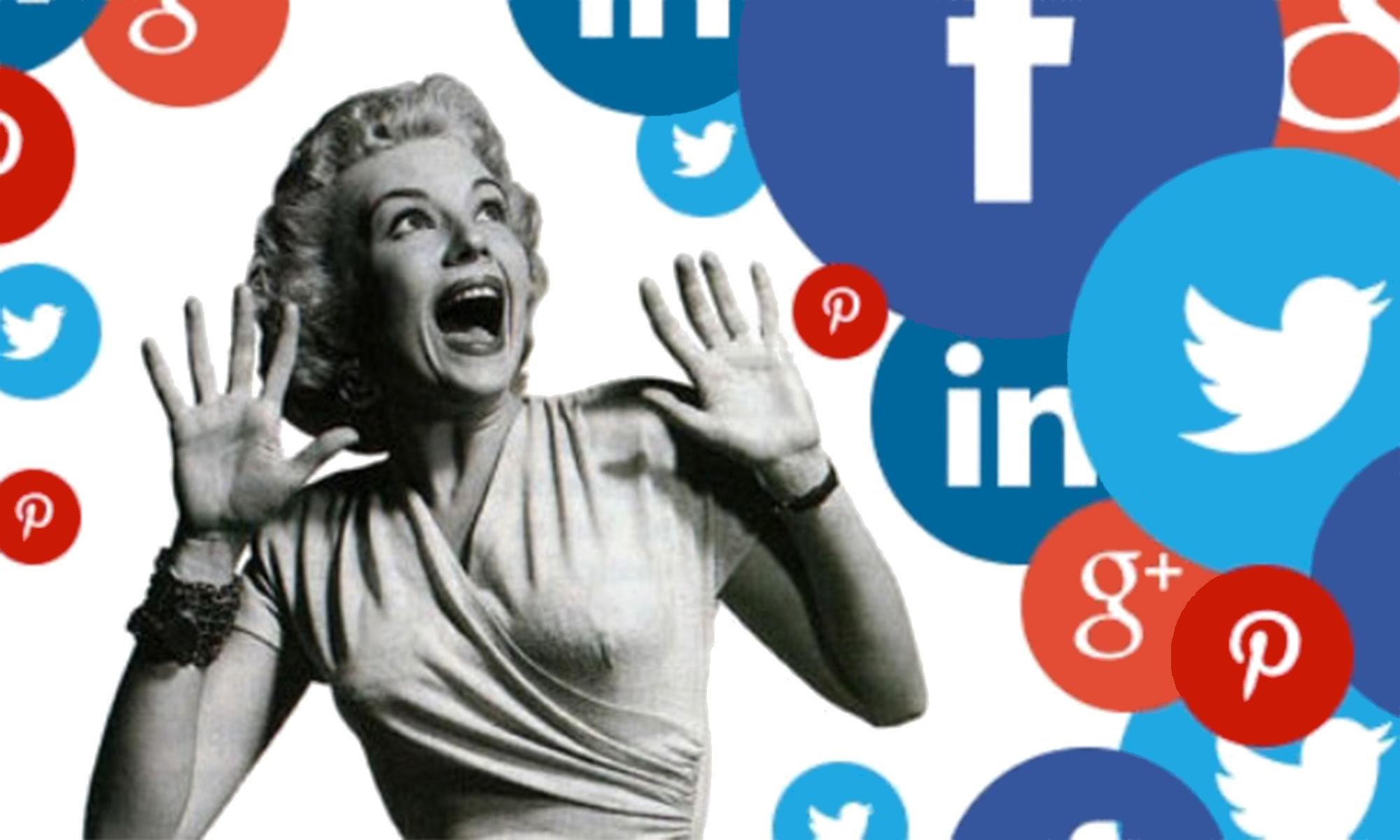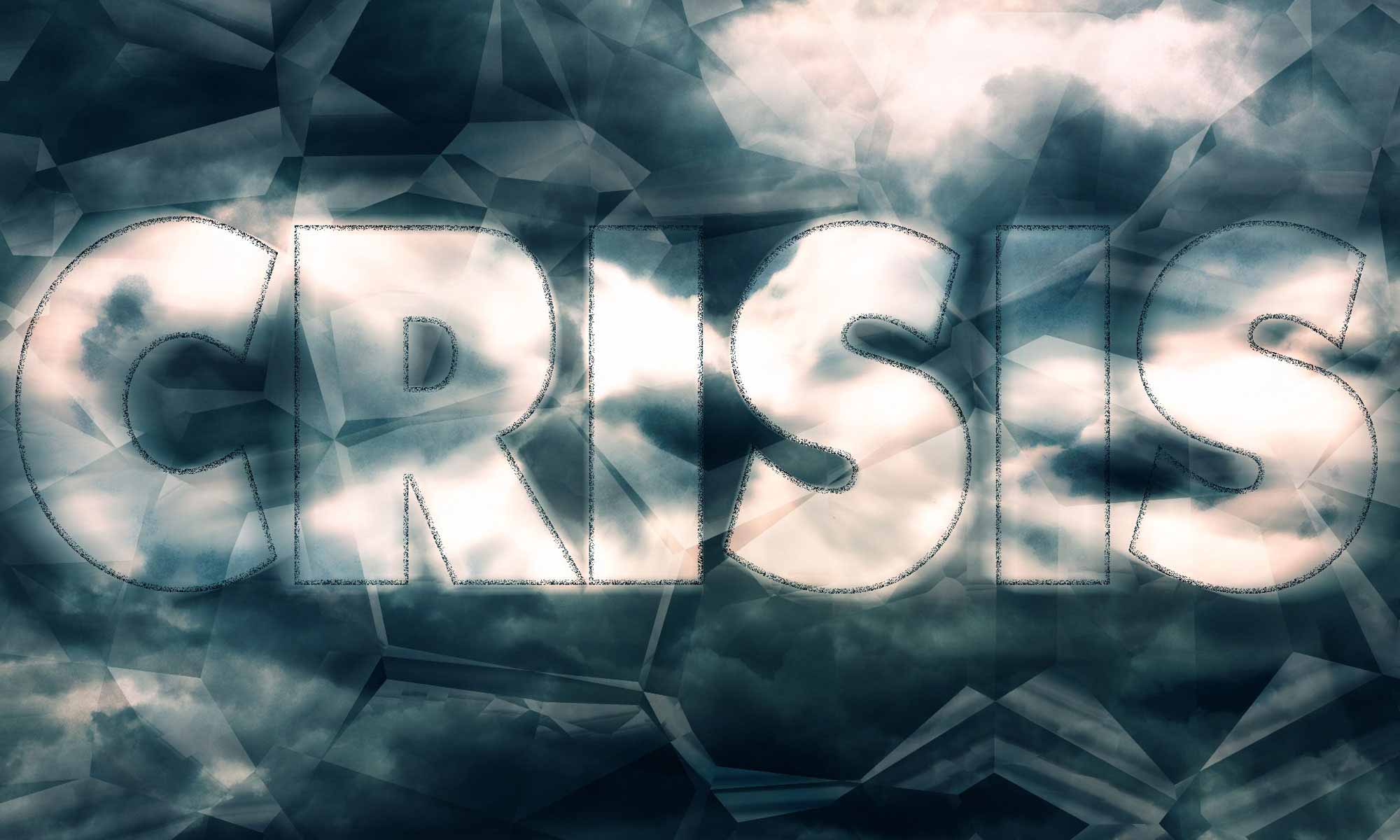This blog was first published on the Brandwatch Blog.
A single social media post can now do as much damage to a brand’s reputation as a front-page article in a national newspaper. This shift from offline to online has forced brands to rethink how they manage a crisis and made social intelligence one of the most important and undervalued tools in the modern crisis management playbook.
With 95% of business leaders saying their crisis management capabilities need improvement, it’s clear that businesses are struggling to adapt. One easy win is to integrate social listening into their crisis management capabilities.
The adage knowledge is power has never been more true. Understanding what is being said about your brand, in every corner of the internet, is paramount. Brands failing to track conversations, mentions, keywords, and relevant issues are blind to the crisis that lurks around the corner.
Thankfully, there has never been a better time to understand what people are saying about your brand online. Social intelligence gives brands a critical edge and is the greatest early warning system of a potential problem coming their way. Used correctly, social intelligence is the 24/7 team member who you’ll come to rely on in good times and bad.
Unexpected situations outside a brand’s control happen every day. We see this at Mangold Consultancy with all types of brands, as we support them getting their crisis management preparation in order. It’s inevitable that people will say things online about your brand you wish they didn’t.
What’s important is knowing how to distinguish between isolated negative comments which can be managed in-house away from public scrutiny, and an emerging crisis that requires immediate action in a public setting.
Defining a crisis and understanding the situation
When a situation occurs (something unexpected that should not be happening), understanding the source and spread of the information is critical.
If the situation is known only to those inside your organization, and people outside your organization:
- won’t get to hear about it or
- don’t need to know about it or
- won’t have a strong reaction if they do hear about it
you’re dealing with an incident.
But if the outside world…
- knows about it and is concerned or will likely find out and have a strong reaction to it
- and this situation poses a risk to reputation and the credibility of your business
then you’re dealing with a crisis which needs to be managed internally and externally.
Incidents can be managed as normal and require no special measures. A crisis must be managed immediately, with swift action from multiple areas of a business, often with a public response.
The importance of speed
The quicker an issue is known, the faster a response can be initiated.
The Incident management procedures and protocols we create, help our clients to pre-plan, rehearse, and stress test and should be activated as soon as an incident occurs to avoid a crisis.
The most common reason for a small-scale or isolated incident turning into a larger crisis is a slow or inadequate response (eg lack of action internally to correct a situation, failure to respond to a social media complaint, falsehoods posted online, or a slow rise in negative sentiment on a specific issue).
Social listening is your automated early warning system
Using a social listening platform like Brandwatch Consumer Research to monitor keywords, track conversations, and scan for sensitive issues is like having a new team member who spends all their time searching for potential risks. But unlike you or I, this team member never sleeps! They monitor millions of conversations across multiple platforms in real-time, 24 hours a day, and alert you when something is happening you need to know about.
But that’s just the start. Your new team member shows you who is talking about you, where, and what impact they’re having. They also show you when an issue is evolving, who is joining in, and how it’s spreading across different platforms. This is all essential information when planning how to respond.
Sounds nice, right? We could all do with a team member with these skills and stamina.
At Mangold Consultancy, Brandwatch Consumer Research is that member of our team. It gives us unprecedented insight for our international and national clients – from the FMCG sector to the health sector. It informs our crisis and corporate communications counsel with a depth of detail our clients truly value.
The reality is that without even the most basic social listening in place, you run the risk of being forced onto the back foot when an unexpected situation occurs. Your ability to react quickly and take action to reduce reputational damage has gone – this is not the place you want to be when negativity spreads like wildfire on social media.
Data-driven decision making
Social listening provides a data-backed evidence base for your organization/brand to make decisions. All too often in a crisis it’s easy to think you must be doing or saying something to actively manage it. This is not always the case – sometimes you need to be patient, but without knowing what is happening in real-time, it’s impossible to make decisions with certainty.
Source Fire image by Max Kukurudziak. Phone image by Jeremy Bezanger. Composition by Studio JERO


